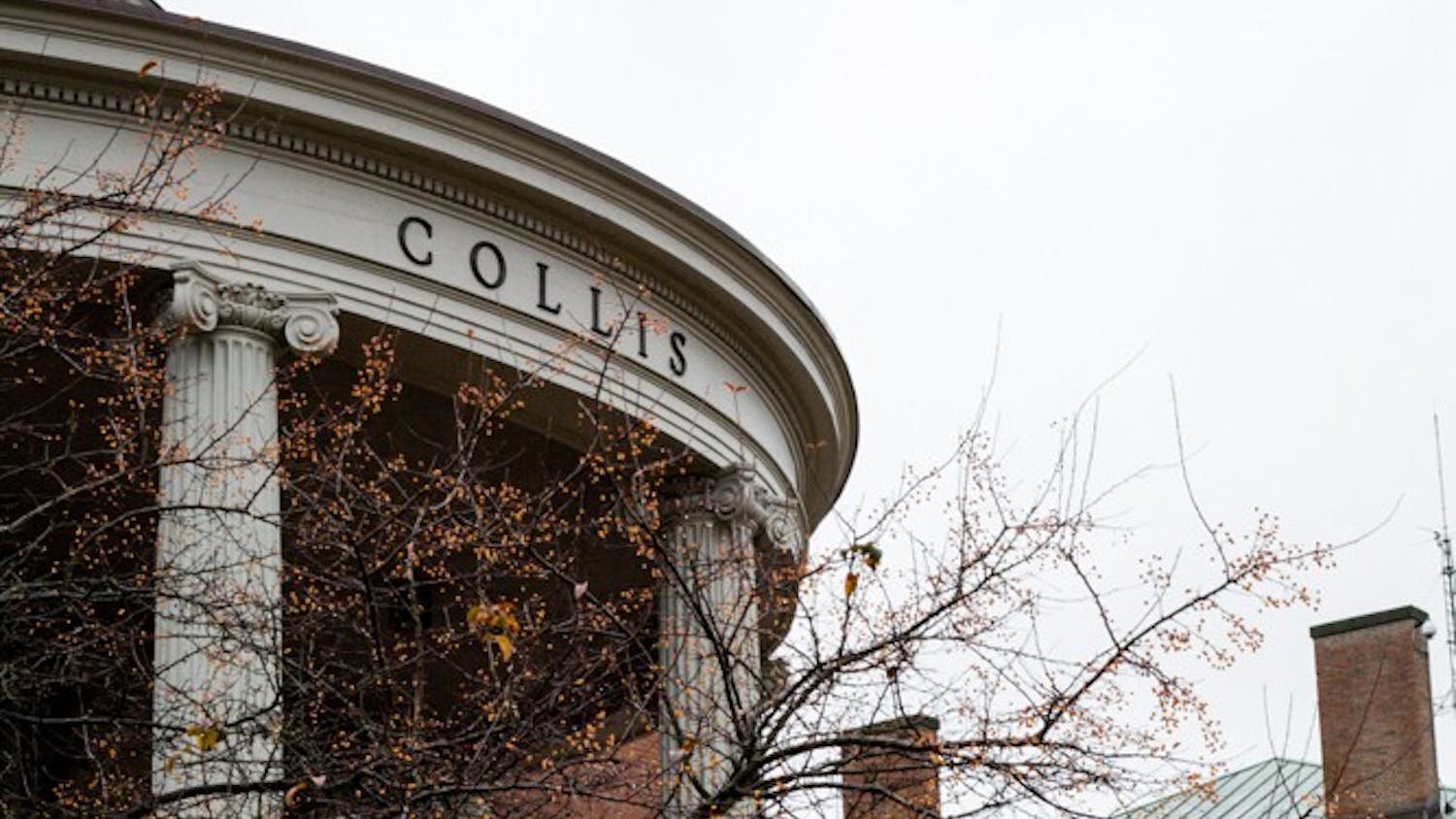For the first time in recent memory, students currently on College discipline will be able to run for student body offices, thanks to a recent rule change in the Elections Planning and Advisory Committee guidelines. Candidates for all campus-wide offices must submit petitions by Tuesday afternoon to have their names added to the ballot for the April 19-20 elections.
EPAC addressed the eligibility requirements at the behest of Student Body presidential candidate Paul Heintz '06, who would have been disqualified under standards used in previous years. Heintz said he noticed a potential discrepancy in the candidacy standards while off-campus during Winter term and contacted EPAC head David Hankins '05 in February.
"It seemed to me just like an oversight because it's very clear in the [Student Assembly] constitution that the idea is that anybody can run," Heintz said.
The Student Assembly constitution allows any students in "good standing with the College" -- a term not defined in the constitution -- to take Assembly office, but the EPAC guidelines explicitly disqualified any students "on academic probation or college discipline" from running for office.
"When the EPAC rules are adopted they become part of the SA bylaws, and so the SA constitution in any issue like that has to take precedence," Hankins said.
Because the Assembly rules only mention good standing without explicitly defining it, Heintz brought the question to Hankins' attention.
"I had no idea," Heintz said. "I mean, what the hell does that mean? Good standing means nothing."
After internal deliberations, EPAC decided good standing only applies to academic infractions and removed the college discipline requirement from its March 3 guidelines. The Assembly was not required to vote on the change.
"Our understanding in EPAC was that it was always this way but that it had never been a problem," Hankins said.
Hankins said the administrators EPAC consulted "said that [good standing] usually referred to academics, but in the case of elections it can refer to judicial or disciplinary actions." The committee concluded that the disciplinary aspect originally came from EPAC's own interpretation, not the administration's definition of good standing.
But the administration does not appear to be on the same page yet.
Interim Director of Undergraduate Judicial Affairs April Thompson, who serves as a non-voting, non-attending member of EPAC, said she considered good standing to include academic and disciplinary discipline.
"You have to be in good academic standing, which means you can't have been placed on probation," Thompson said, "and you have to be in good conduct standing, which means that you cannot have been placed on college discipline."
Bethanne Tillotson, executive assistant to the dean of upperclass students, verifies whether or not candidates are eligible to run, based on a list of candidates and criteria delivered by EPAC.
"My understanding is that if they're on college discipline now, they're not [eligible]," Tillotson said.
Associate Dean of Student Life Joe Cassidy also serves as an advisor for EPAC and said he interprets good standing to encompass both academic and judicial status.
Cassidy said that compared to other schools, the candidacy standards for Dartmouth student elections are set at a relatively "low threshold," but said elections guidelines should be determined by the students.
"My philosophy is, the further the administration can stay out of it, the better," Cassidy said.
Given that these administrators help EPAC check that candidates' Dartmouth plans and academic standing are in accordance with the rules set by EPAC and the organizations for which it runs elections, Hankins said the elections committee will communicate with the administrators now to notify them of the scaled-back standards for Assembly races.
"It wasn't an issue they were necessarily aware of until [Monday]," Hankins said.
For Heintz, the change in how the rules have traditionally been interpreted means he will be able to make a bid for Student Body President.
"It's ridiculous that somebody on college discipline would be denied the right to vote or the right to run," Heintz said. "College discipline is not an uncommon punishment for the incredibly unreasonable policies that the school has set on many matters at Dartmouth. Personally, I feel, having gone through the process, I understand it better, and I'm more energized to make changes."
Fellow candidates were generally supportive of the policy shift allowing Heintz to run.
"I'm surprised that it's an issue for discussion " I think that the rule change is fine and it allows more students to take part in the process," presidential contender Brian Martin '06 said.
Candidate Ben Waters '06 expressed more reservation.
"It's clearly a student organization that is supposed to be representative of the student body, and I think that students should take that factor into account when they're making their decision," Waters said. "You don't want to have a leader in poor standing with the college, especially when that's like one foot out the door."
EPAC also runs elections for the Committee on Standards, which adheres to higher standards for eligibility, requiring that candidates never have been suspended or placed on academic or college discipline in their Dartmouth careers. Thompson, who trains COS members and schedules disciplinary hearings, said this issue raises "great ethical questions" about which students should be eligible to run for campus office.
Before this year, when the Assembly brought EPAC under its constitution, the committee was run by administrators and, more recently, by members of the Paleopitus Senior Society.
Eligibility requirements for the other organizations vary. Candidates for freshman and junior Class Council heads, Green Key Honor Society, the Committee on Standards and Organizational Adjudication Committee are also due Tuesday. Official campaigning for all positions begins Saturday, April 9, when candidates and their supporters will be allowed to hang posters, send BlitzMail messages and appear before groups to share their platforms.



